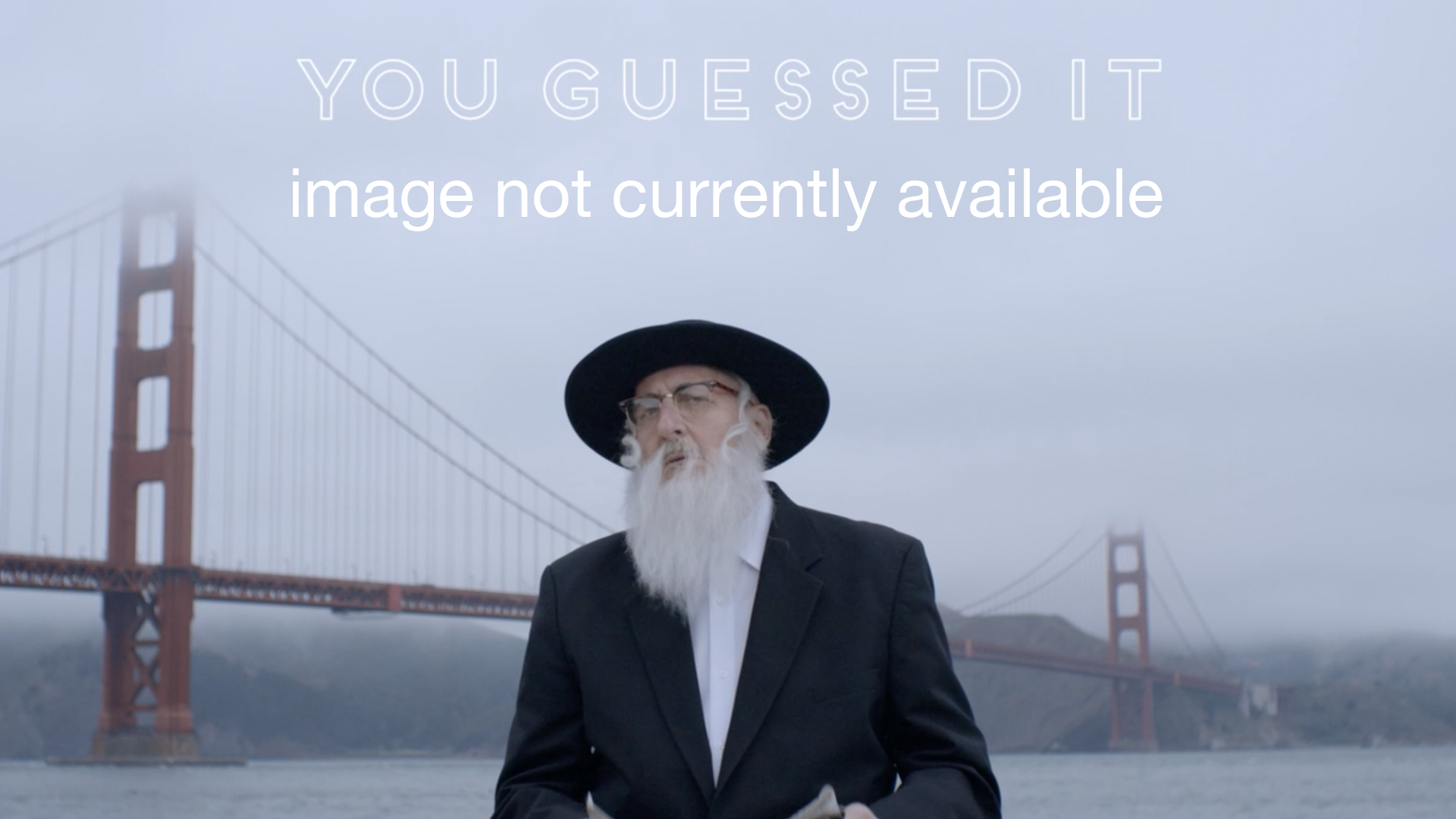Imaginary Witness: Hollywood and the Holocaust

Full Description
The centerpiece of our Festival’s look at how American movies have portrayed the Holocaust is director Daniel Anker’s definitive new documentary, Imaginary Witness. Weaving together fascinating clips from dozens of Hollywood films, many of them rare or forgotten, Anker takes us on a 60-year journey through Hollywood’s most noble and most misguided efforts to dramatize this 20th century catastrophe.
Despite the gravity of the subject, Anker has created an enormously entertaining and enlightening film. We relive Hollywood’s early attempts to address the threat of Fascism through classics like Chaplin’s The Great Dictator to B-list (and often cheesy) efforts like Confessions of a Nazi Spy and The Man I Married. Many post-war films -- even contemporary movies -- are shown to soft-pedal the Shoah in service of storytelling or marketing.
Anker brings together a thought-provoking group of filmmakers (Sidney Lumet, Steven Spielberg, Arthur Hiller) as well as critics and historians, to address thorny ethical issues. Why was it that a film industry so influenced by Jews barely could bring itself to mention during World War II that Jews were the victims of Nazi persecution? Is it possible that even the most well-intentioned films -- from Exodus to Schindler’s List -- end up trivializing the Holocaust? Are farces like The Producers and Life is Beautiful part of our healing process, or a blot on victims’ memories? Imaginary Witness not only poses these questions, but also provides the raw materials for beginning to answer them.
Filmmaker Bio(s)
Daniel Anker, an Academy Award nominee and Emmy winner for the film Scottsboro: An American Tragedy, has produced or directed numerous documentaries and specials, mostly for PBS. Most recently he produced and directed two new documentary projects: Imaginary Witness, which premiered at the 2004 Tribeca Film Festival, and Music From the Inside Out, a feature documentary with the musicians of The Philadelphia Orchestra. Scottsboro: An American Tragedy, which he produced and co-directed, premiered at the 2000 Sundance Film Festival and won numerous festival awards throughout the United States and abroad prior to its Oscar nomination.
A graduate of Harvard University with a degree in music, Anker has previously produced numerous award-winning music programs, including the Peabody Award-winning children’s series Marsalis on Music, which was broadcast on PBS, the BBC and BRAVO. He was also producer for three seasons of the PBS series THE METROPOLITAN OPERA PRESENTS and produced broadcasts of Parsifal, Elektra, Stiffelio, I Lombardi, Falstaff, La Fanciulla del West, and the world premiere of The Ghosts of Versailles. Additionally, Anker produced the PBS pledge perrenial A Carnegie Hall Christmas Concert. He was associate producer of Julie Taymor’s filmed version of Stravinsky’s Oedipus Rex, shot at the Saito Kinen Festival in Matsumoto Japan, and the Emmy Award-winning Tchaikovsky 150th Gala from Leningrad.
Other documentary credits include the Emmy-nominated AMERICAN EXPERIENCE film Daley, the Last Boss (co-producer), the short The Magic of La Guardia (producer/director), and a series about campaign finance reform for THE NEWSHOUR WITH JIM LEHRER (field producer). Anker produced new documentary material for the PBS rebroadcast of the historic Horowitz in Moscow with Charles Kuralt, and several segments for the Emmy Award-winning series City Arts. He was associate producer of the first two seasons of the PBS series Bookmark, the LIFETIME special Abortion: An American Controversy, and the cinema-verite film Abbado in Berlin (with Maysles Films).
Anker's additional awards and honors include a Peabody Award, four national Emmy Award nominations, the Erik Barnouw Award from the Organization of American Historians, and multiple grants from the National Endowment for the Humanities and the National Endowment for the Arts.
Director(s)
Country(ies)
Language(s)
Release Year
Festival Year(s)
Running Time
92
